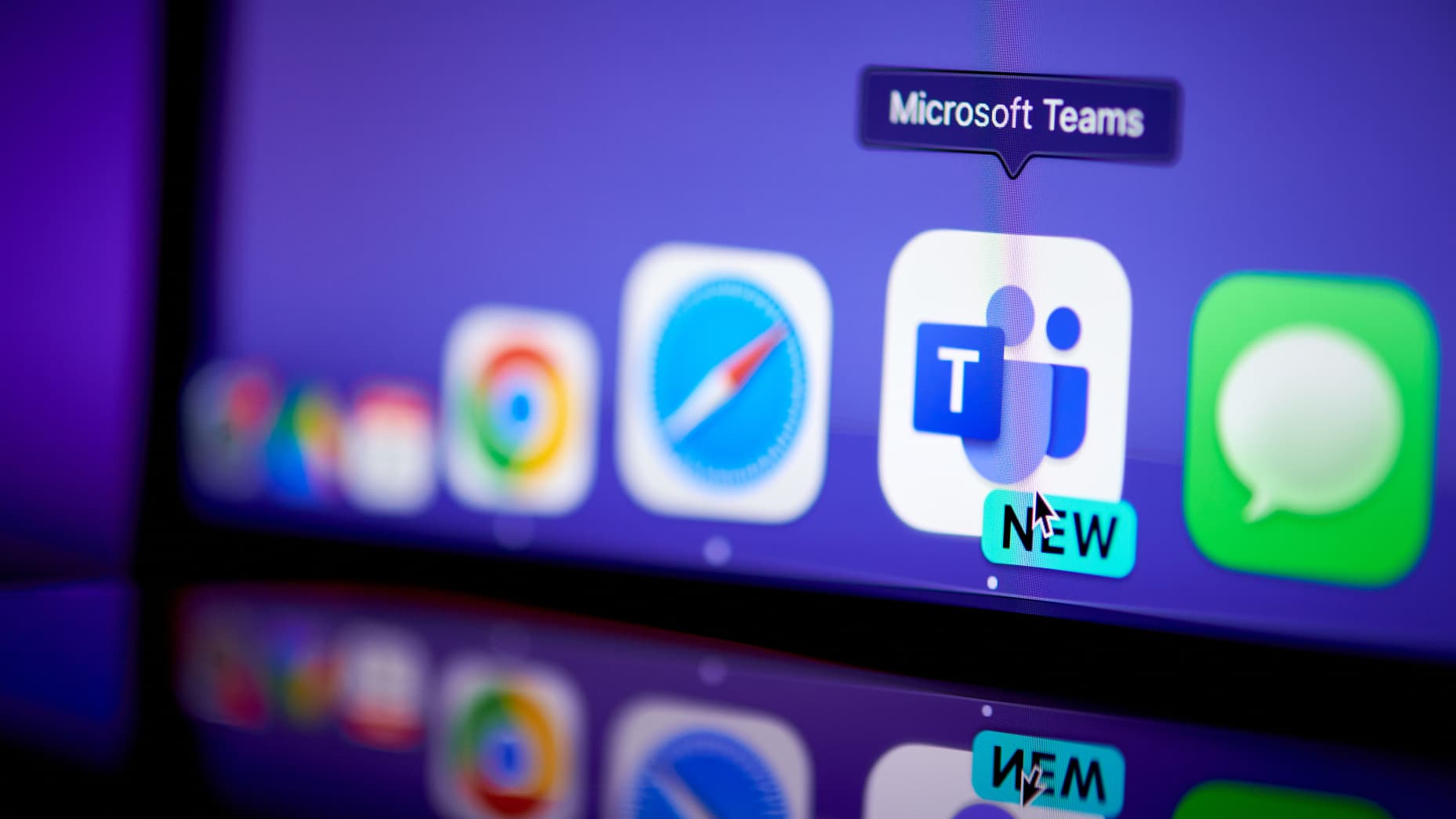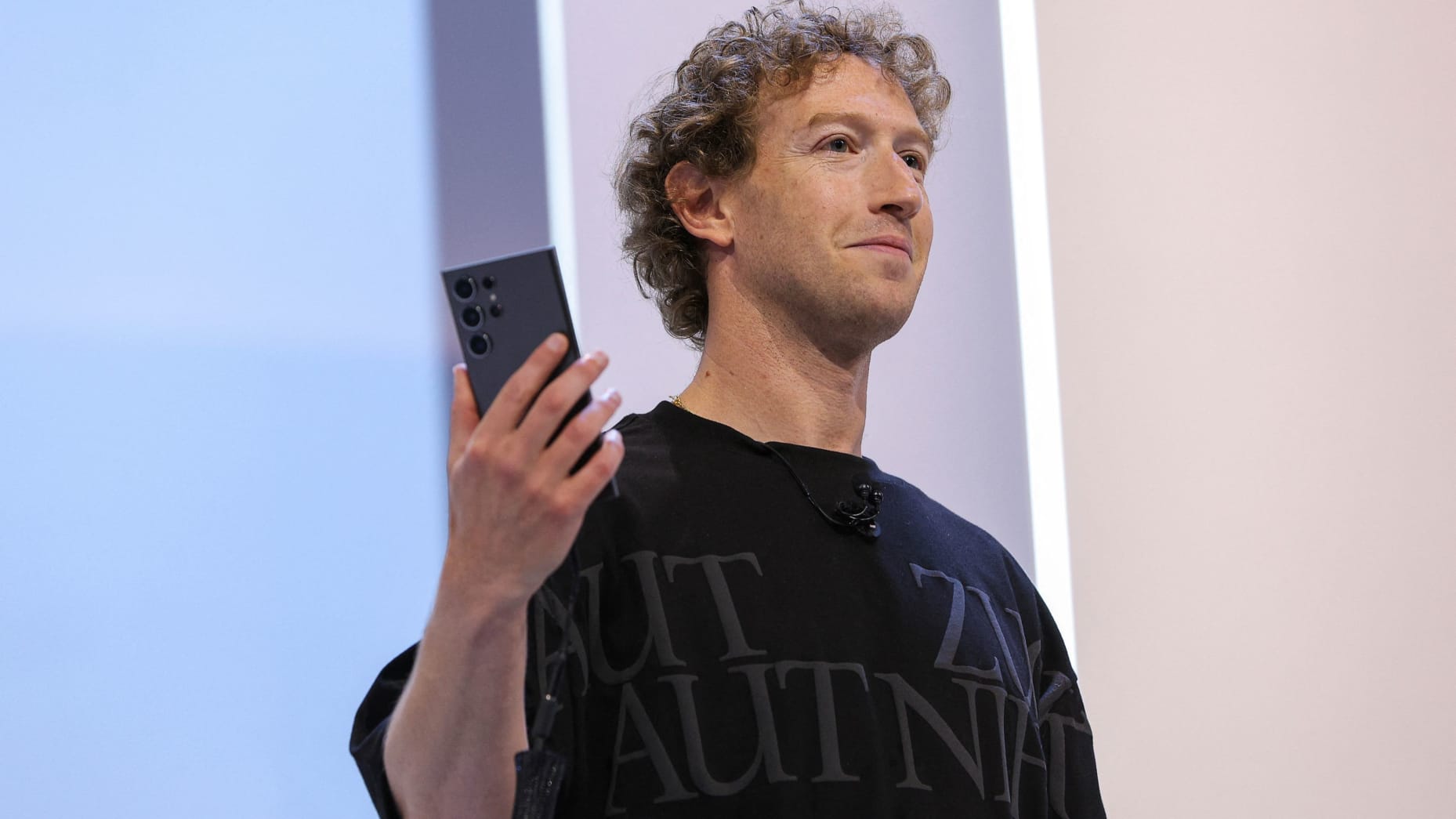A major European Union decision has formalized commitments from Microsoft to decouple its Teams collaboration platform from the Office productivity suite, marking a significant shift in how the company bundles its flagship business tools and how competition is structured in the workplace software market. The EU’s regulatory move confirms that Microsoft must offer unbundled access to Office products without Teams, addressing concerns that the tight integration of Teams with Office 365 and Microsoft 365 could stifle rivals by locking customers into a bundled ecosystem. The commitments, confirmed by EU regulators, are designed to remain binding for seven years or longer, signaling a long-term regulatory framework intended to curb tying practices and encourage a more open competitive landscape. In setting these terms, the European Commission aims to ensure that customers and competitors alike have fairer opportunities to choose among a wider set of interoperable, compatible tools while Microsoft continues to operate its broad productivity suite. The decision comes after the Commission’s 2023 antitrust examination, which followed a complaint from Slack, the Slack-turned-Salesforce-owned chat service, that raised concerns about the alignment of Teams with Office and the potential harm to competition. The EU’s stance reflects a broader policy objective across digital markets: to prevent dominant platforms from leveraging bundled offerings to suppress rival products, while preserving consumer choice and market dynamism.
EU decision’s framework and what it entails
The European Commission’s binding commitments place several concrete obligations on Microsoft, designed to separate Teams from the core Office experience and to incentivize fair competition across the productivity software landscape. Central to the agreement is the unbundling of Teams from Office 365 and Microsoft 365 suites, which will be offered at reduced prices when Teams is not included. This means customers with existing licenses or those purchasing long-term arrangements will have the option to adopt the suite without Teams, potentially lowering their total cost of ownership if their teams rely on alternative collaboration tools. The commitments also specify interoperability measures, requiring Microsoft to enable data exchange between competing products and certain Microsoft tools. In practical terms, this means that customers will be able to move data between Teams and rival solutions more smoothly, reducing lock-in and facilitating smoother transitions for organizations evaluating best-of-breed collaboration or productivity tools. The commitments explicitly address data portability, a critical capability for customers who want the freedom to switch providers without losing access to their information, workflows, or historical content. In addition, Microsoft is obligated to ensure that tools competing with Teams can interoperate with compatible Microsoft products, a step intended to reduce the friction that often accompanies cross-vendor integration and to improve the overall ecosystem flexibility for enterprise IT environments. The agreement also provides for customers on long-term licenses to switch to suites that do not include Teams, reinforcing the principle that bundling should not obscure alternative configurations or licensing options. The European Commission’s decision notes that this approach is designed to preserve customer choice, promote competition, and prevent practices that could foreclose doors to rival offerings. The commitments also include price differentiation measures, clarifications around advertising practices, and other changes intended to ensure consistent and transparent marketing of suites with and without Teams. Specifically, the package increases the price gap between some Microsoft 365 and Office 365 suites that include Teams and those that do not by about 50 percent, while ensuring that publicly advertised offers clearly reflect the presence or absence of Teams in the displayed package. The overarching aim is to make the separation economically meaningful while avoiding misleading representations that could confuse customers about what they are purchasing. The Commission has indicated that these obligations will be binding for a multi-year horizon, reinforcing a stable regulatory baseline for both Microsoft and its customers as the market adapts to the new unbundled framework. In parallel, Microsoft has acknowledged the dialogue with the Commission and has committed to implementing these obligations promptly and in full, signaling a cooperative approach to regulatory compliance and market normalization. The EU’s careful calibration of the commitments seeks to balance Microsoft’s legitimate business interests with the broader objective of fostering competition and ensuring that customers retain genuine choice in a rapidly evolving digital workspace. The Commission’s stance reflects a careful consideration of how modern software ecosystems operate, where a single vendor’s integrated tools can influence procurement decisions, usage patterns, and the direction of product development across the industry. By creating a structured path toward unbundling and interoperability, the EU intends to create a more level playing field for rivals and to encourage continued innovation across a broader set of workplace technologies.
How the commitments affect customers and the market
From a customer perspective, the unbundling and accompanying obligations should translate into clearer options and potentially lower net costs for organizations that prefer to mix and match tools from different vendors. For buyers who do not rely on Teams for daily collaboration, there will be a straightforward route to purchase Office-only or Microsoft 365 versions without Teams at a reduced price, as the commitments specify. This development is expected to empower organizations that have standardized on other collaboration platforms or that require specific interoperability with third-party tools to adopt a configuration that best aligns with their workflows and security policies. At the same time, the enhanced data portability and interoperation promises aim to reduce switching costs and technical friction when migrating away from Teams or integrating Teams with non-Microsoft solutions, a long-standing concern for many enterprise IT teams that value vendor independence and vendor-agnostic data workflows. The commitments also address marketing clarity, with visible distinctions between suites that include Teams and those that do not, which should help customers understand exactly what they are purchasing and avoid misaligned expectations. This level of transparency is designed to reduce confusion at the point of sale, improve procurement accuracy, and support more informed decision-making during license renewals or platform migrations. For the market, the unbundling approach creates space for competition to compete more directly with Microsoft Teams by enabling alternative collaboration platforms to pitch themselves as viable, standalone solutions that can be integrated into a broader Microsoft-centric or mixed technology environment without being constrained by a bundled default. The interoperability commitments are particularly important in this respect, as they lower the barriers for customers to adopt complementary tools that may offer differentiated features, superior user experiences, or stronger data governance controls. Taken together, the changes are intended to foster a more dynamic competitive landscape, potentially driving improvements in product quality, security, and customer support across the sector as vendors strive to differentiate themselves on merits rather than bundled access to Teams as a default.
Interoperability and data movement
A crucial facet of the commitments is the explicit encouragement of interoperability between competing tools and Microsoft products, along with the ability for clients to move data out of Teams to rival platforms. In practical terms, this means that customers will have more straightforward pathways to integrate non-Microsoft collaboration tools with their existing Microsoft infrastructure, or to migrate away from Teams entirely if they determine that another solution better suits their needs. This interoperability is not merely about data transfer; it encompasses workflow compatibility, API accessibility, and the capacity to maintain continuity of business processes during a transition. The emphasis on data portability and cross-product interoperability aligns with standard regulatory aims to reduce vendor lock-in, increase buyer leverage, and foster healthier competition by ensuring that switching between platforms does not entail prohibitive technical or contractual obstacles. For Microsoft, these obligations may require architectural adjustments to support robust cross-vendor integration points and to demonstrate ongoing commitment to open standards, which in turn can influence product development priorities and partnerships with other software providers. For customers, the net effect is expected to be greater flexibility in how they structure their digital work environments, more options to tailor their tech stacks to organizational needs, and reduced risk of being tethered to a single vendor for essential collaboration capabilities.
Background: How the case arose and evolved
The European Commission began examining Microsoft’s bundling practices following a formal complaint from Slack in mid-2023, marking the initiation of a formal antitrust investigation into whether tying Teams to Office restricted competition. Slack’s concerns centered on potential market foreclosure and reduced freedom of choice for enterprises, arguing that the combination of Teams with the widely used Office suite may have given Microsoft an unfair competitive advantage. The investigation reflects the Commission’s broader scrutiny of digital markets, where dominant platforms are evaluated not only on price and quality but also on bundling practices that could impede rivals’ growth or deter customers from considering alternative offerings. Slack, acquired by Salesforce in 2021 for $27.7 billion, is an important competitor in the enterprise communications space, and its involvement in the case underscores the perceived conflict between Microsoft’s integrated suite and independent chat and collaboration solutions. Salesforce’s leadership has been vocal about the implications of such bundling for competition and customer choice, arguing that tying Teams to Office hampered other legitimate business options and preserved a market dynamic that favored Microsoft’s ecosystem over alternatives. The Commission’s stakeholder dialogue included market-testing elements, during which Microsoft had the opportunity to refine its initial pledges in response to regulatory input. Following this engagement, the Commission confirmed that Microsoft would adopt a set of binding commitments intended to address concerns about tying practices and to promote a more open and competitive market. The careful sequencing—from a complaint to a formal investigation, to negotiation of binding commitments and subsequent market-testing adjustments—reflects the Commission’s methodical approach to enforcing competition rules in the digital economy, ensuring that remedies are proportionate, effective, and capable of delivering tangible changes in market behavior without unduly disrupting legitimate business needs. The decision, endorsed by the Commission, was accompanied by public messaging highlighting the objective of restoring fair competition and the importance of preserving customer choice in a rapidly evolving field where collaboration and productivity tools are foundational to how organizations operate.
Reactions and ongoing considerations
Industry observers, including executives from Salesforce and Slack, framed the settlement as a meaningful step toward correcting the market dynamics created by tying strategies. Salesforce’s chief legal officer described the outcome as a signal that Microsoft’s approach to bundling had harmed businesses and reduced consumer choice, with long-run negative effects on competition. The spokesperson’s remarks emphasized the importance of holding Microsoft accountable for tying practices and appreciated the European Commission’s efforts to secure a more level playing field. The Commission’s decision, while resolving the immediate antitrust concerns through binding commitments, also leaves room for further competition-related actions in the future, as the regulator retains oversight rights and the possibility of additional commitments if new concerns arise. Microsoft, for its part, has signaled a willingness to cooperate with the regulatory process and to implement the changes promptly, underscoring its aim to maintain constructive relations with European authorities while continuing to serve a broad global customer base. The broader industry implications include ongoing attention to how large software vendors manage the balance between integrated ecosystems and open competition, particularly as cloud-based services, collaboration platforms, and productivity tools evolve in tandem with data governance, security requirements, and regulatory expectations. The case sets a precedent for how bundling practices in the software sector may be addressed by regulatory authorities in the coming years, potentially shaping how other major tech players design and package their product suites to comply with competition rules and to foster a more competitive market landscape.
Implications for Microsoft, competitors, and customers
From Microsoft’s viewpoint, the commitments require a strategic shift that preserves access to a large installed base, while enabling customers who prefer unbundled configurations to obtain Office products without Teams at favorable pricing. The commitments reflect a broader recognition that the company can sustain the value of its productivity tools while accommodating more versatile deployment models, which could mitigate regulatory risk and preserve enterprise relationships across diverse IT environments. Nonetheless, Microsoft will need to implement the new pricing and marketing structures, maintain interoperability interfaces, and ensure that data portability mechanisms work reliably across complex, multi-vendor stacks. The obligations to display clear offers for suites with and without Teams also place a premium on transparent marketing practices and accurate representation of product features, aligning with regulatory expectations for consumer clarity and fair competition. For competitors, particularly other collaboration and communication platforms, the EU’s decision could create more opportunities to win customers who previously felt constrained by the bundled setup. By lowering entry barriers and enabling smoother transitions, rivals may gain ground in sectors where Teams previously dominated in terms of intuitive workflows or integrated features. The market dynamics could witness shifts in partner strategies, as system integrators, IT consultants, and technology vendors recalibrate their recommendations to reflect the new unbundled and interoperable framework. Customers stand to gain from enhanced flexibility, better pricing options, and improved portability of their data and workflows, enabling them to tailor their software ecosystems to the unique needs of their organizations. In a broader sense, the case contributes to ongoing debates about how regulators should balance the benefits of integrated, seamless user experiences with the imperative to preserve competitive markets, particularly in sectors like enterprise software where dominant players often coordinate a wide range of complementary products. Expect continued monitoring by regulators as Microsoft implements these commitments, with potential adjustments if new competition concerns emerge or if market conditions evolve in ways that warrant further regulatory attention. The outcome also signals a reinforcement of competition principles in digital markets, reinforcing the idea that customers should not be locked into single-vendor configurations when viable, interoperable alternatives exist or can be developed with appropriate standards and governance.
The broader context: tying, bundling, and the path forward for digital antitrust
The EU’s intervention in this Microsoft case sits within a wider framework of antitrust scrutiny aimed at modern digital markets, where platform power can influence multiple layers of the software stack. Tying and bundling practices have long been a central concern for regulators, particularly as technology firms offer integrated suites that span operating systems, productivity tools, communication platforms, and cloud services. The Commission’s decision reflects a nuanced approach to address concerns that bundling might impede rivals’ ability to compete, while still recognizing the value that integrated ecosystems can offer to customers, such as streamlined workflows and cohesive security architectures. The case also underscores the importance of interoperability and data portability as antidotes to anti-competitive effects, enabling customers to preserve agency over their technology choices even within a modern, cloud-first environment. Regulators in other jurisdictions have taken similarly careful steps to scrutinize bundling practices in the software sector, highlighting a growing global emphasis on preserving competition in digital markets without hindering innovation or the practical benefits that integrated product suites can provide. For Microsoft and other large software providers, the key takeaway is that regulatory scrutiny will continue to shape product design, pricing strategy, and alliance-building, particularly as customers increasingly expect flexible deployment models, cross-vendor compatibility, and transparent marketing. In the long run, the EU’s commitments may influence how major vendors structure their licensing options and how they communicate the value of bundled versus unbundled offerings, potentially stimulating a broader shift toward more modular, interoperable, and customer-centric product ecosystems across the technology sector.
Implementation and ongoing oversight
With the commitments now binding, Microsoft faces a multi-year path of implementation, monitoring, and potential adjustments based on regulatory feedback and evolving market conditions. The Commission’s oversight will focus on ensuring that the unbundling remains effective, that pricing differences reflect legitimate product separations rather than surreptitious cross-subsidization, and that interoperability and data portability efforts meet the required standards. Regulators may request periodic reviews, audits, or updates to the commitments to address any gaps or new competition concerns that arise as the market landscape changes. The commitments’ seven-year horizon (or longer) provides a stable regulatory anchor, but it also implies that Microsoft must sustain compliance and maintain the necessary technical capabilities across product teams, legal functions, and external-facing communications. For customers, the oversight process signals a predictable regulatory environment in which their choices are protected and vendor obligations are enforceable. It also suggests that the market can expect continued progress toward more open interoperability, reducing the risk of vendor lock-in and encouraging innovation from competing providers. As the regulatory process unfolds, stakeholders across the enterprise technology ecosystem will likely watch closely for any additional commitments, refinements, or clarifications that may emerge as the Commission assesses the practical effects of the unbundling in real-world deployments and procurement cycles. The overall trajectory points toward a more competitive and transparent market dynamic in which customers can more freely assemble a suite of tools that best serves their organizational goals, while still benefiting from the reliability and compatibility that come with widely adopted productivity platforms.
Conclusion
The European Union’s acceptance of Microsoft’s unbundling commitments marks a milestone in the reshaping of competition dynamics within the enterprise software space. By decoupling Teams from Office and Microsoft 365, providing data portability and interoperability pathways, and clarifying pricing and advertising practices, regulators aim to restore balance between market-leading tools and rival offerings, fostering a healthier competitive environment and expanding customer choice. The agreement reflects a measured approach to regulation in the digital age, acknowledging the practical advantages of integrated ecosystems while prioritizing the need to prevent tying practices that could impede competition and limit innovation. Slack’s involvement, along with Salesforce’s continued interest in the fairness of the marketplace, underscores the significance of robust competition for enterprise customers and the tech industry at large. As Microsoft begins implementing these obligations, market observers will monitor how the changes influence procurement decisions, vendor strategies, and the ongoing evolution of collaboration and productivity software. The commitments stand as a clear signal that competition policy remains actively engaged in shaping the architecture of modern workplace technology, ensuring that customers, rivals, and platforms alike operate within a framework designed to promote choice, innovation, and fair play.



